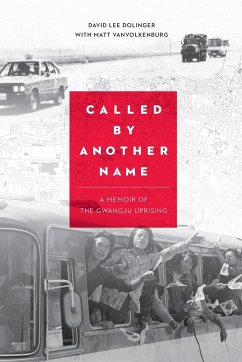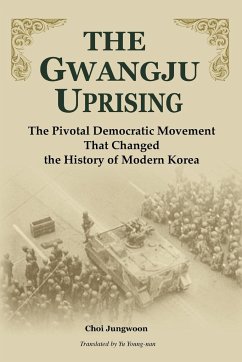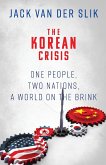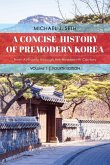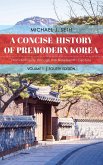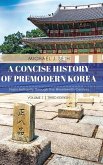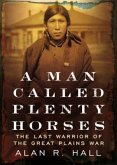The American who walked into the turmoil of Korean history After graduating from university, David wanted to make a positive change in the world. He joined the Peace Corps and arrived in South Korea in 1978. He was bestowed with a Korean name, Im Dae-oon and it was his name throughout his time in Korea. He was assigned to serve as a tuberculosis worker in Yeongam, a town in Korea's southwest. He fell in love with the country's food, scenery, and people. On May 18, 1980, David arrived in Gwangju to transfer buses to his home, Yeongam. Tim Warnberg, his friend and fellow Peace Corps Volunteer, told him that there was brutal violence against any young people seen in the streets. He came back home but he continued to hear that the violence was getting worse and the phone lines to Gwangju had been cut. David set out for the city to check on Tim and his Korean friends. What is the Gwangju Uprising? The 1980 Gwangju Uprising was a people's uprising by the citizens of Gwangju in response to the brutal and harsh suppression of student protests carried out by the Korean military after their leaders declared martial law and took over the country. It began on May 18 and ended the early morning of May 27, 1980. It began in Gwangju, the capital of South Jeolla province, but also expanded beyond the city to involve the southern half of the province. It is the most inspiring and heartbreaking event in South Korea's modern history. Gripping firsthand account of South Korea's Gwangju Uprising and massacre. - Booklife by Publishers Weekly Inside the book "How did I get here? I asked myself that question many times during the events of May 1980. I had asked it on May 16 as I listened to plans for the student-led torchlight march that night, I asked it on May 21 as I walked into the city, I asked it that early morning on May 25, and I will probably ask it until the end of my life. I never realized where it would all take me, or how it would all fit into a journey of a lifetime." -From the Preface- "There was a finality to this day unlike any of the other days I had spent in the Provincial Capital. Running through my mind were worries about the final outcome, and how high the death toll might be. I could not figure out how I would be able to cope with it all. How do you deal with the possibility of a large number of people you know all dying in a short period of time?" -From Funerals and farewells *The Author interviews [Eng/Kor] 1m 46 sec https://youtu.be/8f3UAOzEtKM https://www.goggasworld.com/calledbyanothername Other Books, Film/TV on the Same Topic Hwang Sok-yong, Lee Jae-Eui, and Jeon Yong-Ho's Gwangju Uprising, Choi Jungwoon's The Gwangju Uprising Han Kang Human Acts South Korean Film A Taxi Driver(2017) South Korean Film May 18(2007)
Hinweis: Dieser Artikel kann nur an eine deutsche Lieferadresse ausgeliefert werden.
Hinweis: Dieser Artikel kann nur an eine deutsche Lieferadresse ausgeliefert werden.

